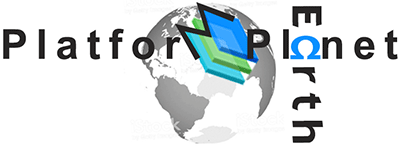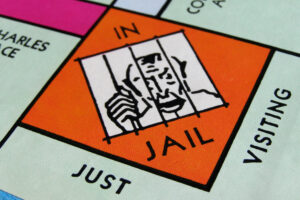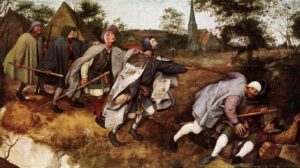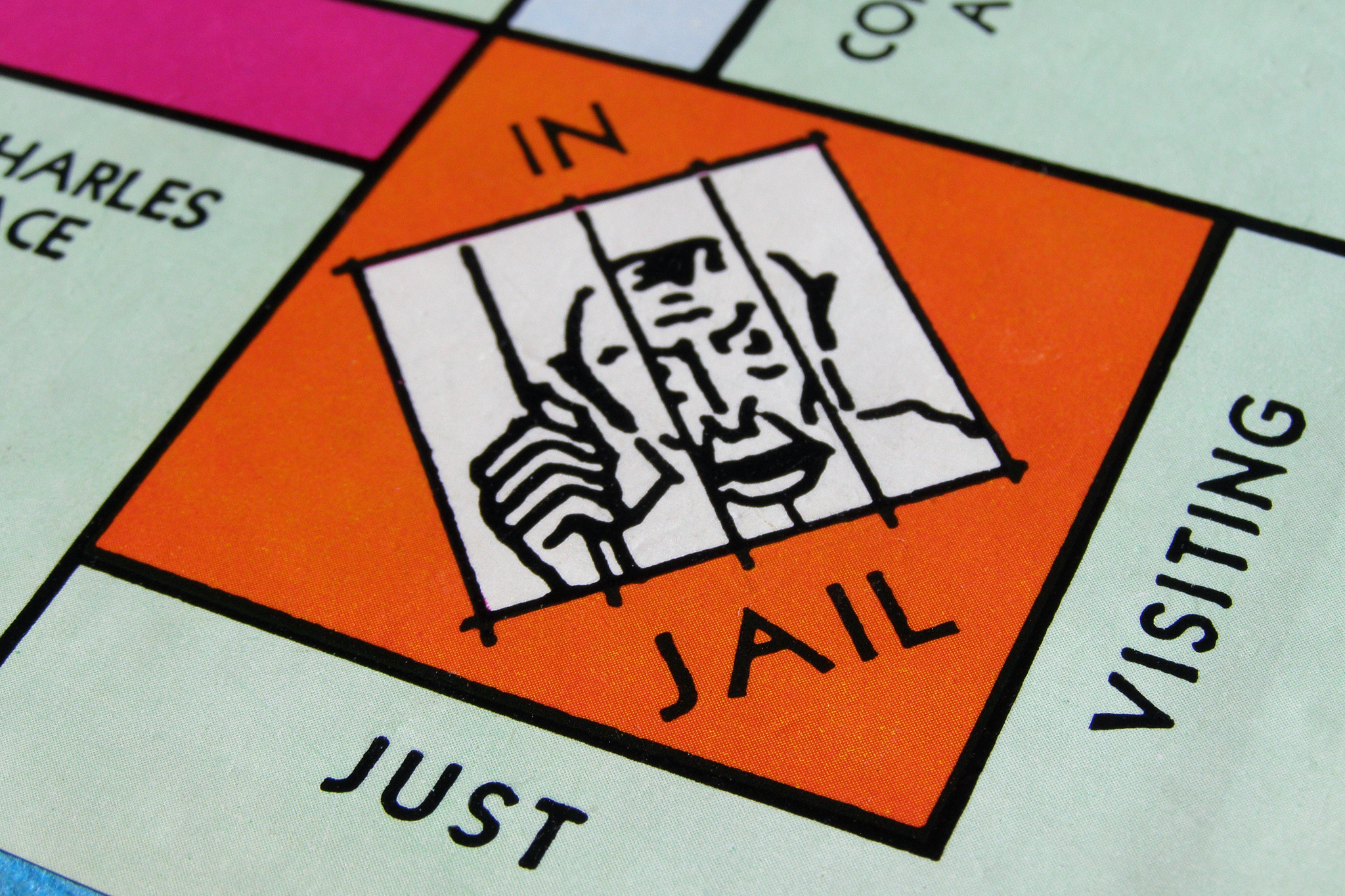Our Willfull Blindness10 min read
Leestijd: 7 minutenIt was Pieter Bruegel the Old, who in 1568, playfully illustrated a distinctive human trait that is as old as Rome. It portrays a typical pitfall and challenge to man: our ‘willful blindness’
It is Willful blindness on which we live our lives through our short-term ‘compass of comfort’.
In his painting ‘The parable of the blind’, Bruegel the Elder illustrates how man goes through the various phases of a falling motion. Typical characteristics are the facial expressions of the figures in the painting: going from confidence to surprise, to shock.
Art is often created making us look at ourselves in a mirror, displaying our human traits, concealing an interplay of qualities as well as our more wretched sides. It is only when properly framed in a specific context or time period, that one can discover their intrinsik timeless truths and wisdom.
Looking to the future with a brain that has not yet fully evolved
‘We tend not to look any further than the next watering hole. ‘
This rather anthropological approach to our human behavior in organizational- and systems thinking, appeals to the scientific fact that as humankind, we are still largely dealing with a reptilian brain. Our primary drivers of ‘fight, flight or freeze’ are still largely determined by this old primal part of our mind.
Obviously that clashes increaslingly with our more rational self. Especially in the context of modern society, which on itself is part of a far more complex system as nature. An environment we desperately and naively want to keep under control.
As it seems, this paradoxically devide, between our more traditional and primal ways of acting in comparison to our modern ways of rational thinking, is growing. This is because the evolution of our primal brain, lags far behind on the fruitful outcomes of our more rational part. In terms of increasing technological progress and a society growing infinitely more complex.
More complex, in the sense that we are dealing with a gigantic web of interdependent systems and sub-systems. Systems that have brought us prosperity, but at the same time confront us with increasing existential collateral damage.
In this present day and age, we are all to familiar with the threats that confront us, yet we seem to be in constant hiding from them. The prospects of short aim profits, in our short terminism behaviour, are to seductive.
Still the ‘inconvient truth’ of climate change as our biggest challenger brings us closer to the point of no return. ‘A precipice’ as stated by Oxford philosopher Toby Ord.
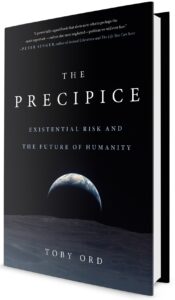
Ord’s comment is clear, he states: “Existential Risk and the Future of Humanity, the probability of the annihilation of billions of people and/or the unrecoverable collapse of civilization in the coming century is one in six: “The roll of a die, or Russian roulette.” (Toby Ord)
Despite all the sustainability efforts and agreements, we have not achieved much. Why do we do that? Because it is in our ‘nature’.
We are willfully blind. Whether collective or individual, willful blindness has many underlying factors. Our brain plays tricks on us. We cannot see or know everything, our cognitive capacities fall short. We filter our information. That choice of what information we allow to pass through is crucial, according to author Margeret Heffernan. We allow to accept information that makes us feel good but often block that which makes us feel uncomfortable in our delicate egos and vital beliefs.
Willfull Blindness. Why we ignore the obvious at our peril?

In Margaret Heffernan’s book “Willful Blindness: Why We Ignore the Obvious at Our Peril” author and entrepreneur Margaret Heffernan describes the interplay of psychological, pervasive, emotional and cognitive factors that contribute to our lack of decicive action or rather ‘consciously ignoring the problems we face’.
The terminology of “Willful blindness” stems from the 19th century legal system that states that someone is responsible if this group or person “could have known, and should have known, something that instead you strove not to see.”
After all, the worst crimes have not happened in the shade, but under the open and watchful eyes of many.
For examples of this we do not have to look far back, right? Corona crisis, vaccination strategy, the storming the Capitol or the attack on democracy, the election of Donald Trump, Brexit. Look back further in history? The financial crisis and the free fall of the banks, the great depression, the rise of Hitler, etcetera.
As the Lebanese-American scientist and author Nassim Nicholas Taleb described in his work “The Black Swan: The Impact of the Highly Improbable”, we have a tendency to process events afterwards with the necessary surprise and shock. As a recent example, one should take notice that some people have referred to the Corona crisis as a so-called ‘black swan’ event as well.
In other words, unpredictable impactful events that are made plausible and predictable afterwards. It should be made clear however that this is by no means always the case. Corona, like many other potential pandemics, was in fact a ‘white swan event’ because scientists, have been pointing this out to us for decades.

Taleb also pointed out the degree of impact such events can have on our present systems. In an equally praiseworthy book “Antifragile, things that gain from disorder”, Taleb describes how our human systems are at best robust, but not, what he coined, as “anti-fragile”.
This stands in stark contrast to a complex system such as nature or organic life, which has an extremely anti-fragile and resilient character. It is no coincidence that screenwriters of Jurassic Park subtly referred to this fact in that ‘life finds a way’.
This however does not alter the fact that species, especially humans, are perfectly able to perrish. Mainly through their own making.
Back to Heffernan.
After extensive case studies and research, Heffernan states that there has usually been an excellent opportunity to take responsibility for being informed, but that we choose to deliberately avoid these opportunities. She describes willfull or deliberate blindness as the refusal to pay attention. When placing this reasoning within the context of todays challenges, it’s rather our lack of pulling through. To say the least, we are far too late when it comes to climate change. An effect of willful blindness.
What are those forces that keep us from denying the open secrets that stare at us?
In her research Heffernan seeks to find the answer as to why we choose to fool ourselves? Evidence of evasion can be felt in the doubt and inconsistency of the non-collective approach to the corona crisis, the evasion and bending of the facts among social groups, as evidenced by the many conspiracy theories. The latter is characteristic in times of crisis.
They are testimonies of our failure to deal with great unknowns. Fear is once again the main foundation of our actions, or rather: our apathy to act too limited or lavishly too late.
Since roughly the 1972 climate conference, organized by the United Nations, we have been aware of the threat of climate change. Yet, we have consciously and consistently failed to radically -let alone gradually- take effective action. Based on a combination of willful blindness, apathy and fear of losing our familiar lifestyle sooner then we like. But also apparently a lack of a broader and deeper understanding of the system context that covers our eyes.
What are those forces that keep us from denying the open secrets that stare at us? While the denial only reinforces the problem and makes us so much more vulnerable as a species?
International Climate Summit Netherlands 2021: adaptation and who pays the bill?
The international climate summit that has recently took place in the Netherlands focused on how humanity can adapt to the consequences of climate change and how we will pay for it? A valid question, given that too little has been done on climate adaptation.
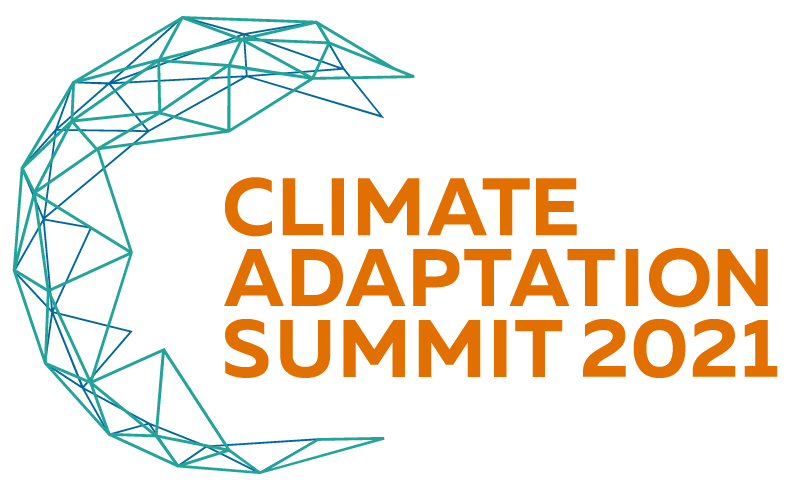
At the same time, this is a worrying fact, because the question has already shifted from the prevention of climate change, to the acceptance and adaptation to a new ‘normal’. While our largely unchanged actual behavior continuous to shift our standards as agreed upon in the outdated Paris agreement.
Interestingly, I found a comment from the director of the IMF, Kristalina Georgieva, to stimulate economic GROWTH and create new green jobs after the pandemic.
That may sound plausible and pleasant to the uninhibited listener, but here too is willful blindness towards underlying failing systems. Growth as we all know is no longer a sustainable nor credible economic parameter.
‘From a systemic point of view, we are dealing with ‘slipping standards’
Put simply: if the climate is already 1 minute to midnight, the investment in sustainability is ‘Cinderella with her pumpkin stuck in the mud in front of a desillusioned prince’.
The amount of energy, pollution and emissions involved in the production of the enormous quantities of steel, concrete and plastic required for, by example, the construction of wind farms, is (in addition to the already extremely delayed outphasing of fossil fuels), not the helpfull game changer we need on the short term (Vaclav Smil).
And despite the fact that we can still increase the yield of these new technologies, it will only meet a relatively limited part of our annual worldwide energy needs.
With Al Gores public wake-up call still in the back of our minds, to take decicive action against further temperature rises in time, we only made agreements as late as 2015 at the climate summit in Paris to stay below 2 degrees. Now that this limit tends to be exceeded, our focus has shifted to adaptation. It is alarming, to say the least.
From a system engineering point of view, we are dealing with ‘slipping standards’. This is worrisome, because our actions remain focused on our short terminism.
New economic models such as Kate Raworth’s donut economics or assistant Professor Nicky Pouw’s wellbeing economics are on the shelves. Meanwhile, the still leading economic narrative in our current climate summit is still based on ‘GROWTH’.
If we want to be truly adaptive, it would be wise to be adaptive now by starting to implement these economic models experimentally. Learning by doing. However, in an economy in which shareholder capital still holds all the cards and inequality is a daily reality, small interventions can make civilians, caught in between, to demonstrate against change wearing yellow vests. We need to change the narrative, the rules and as such the context of our society first. And we need to do it in an open inclusive democracy.
From a personal standpoint, much of what we do up until this day is for the purpose of maintaining the status quo because our quality of life is made fully dependent on the dominant rules of an ancient economy narrative.
In the meantime many of those in power choose to remain willfully blind, focussing on short term strategies and pushing up the bounderies further, which can be metaphorically expressed in degrees fahernheit.
